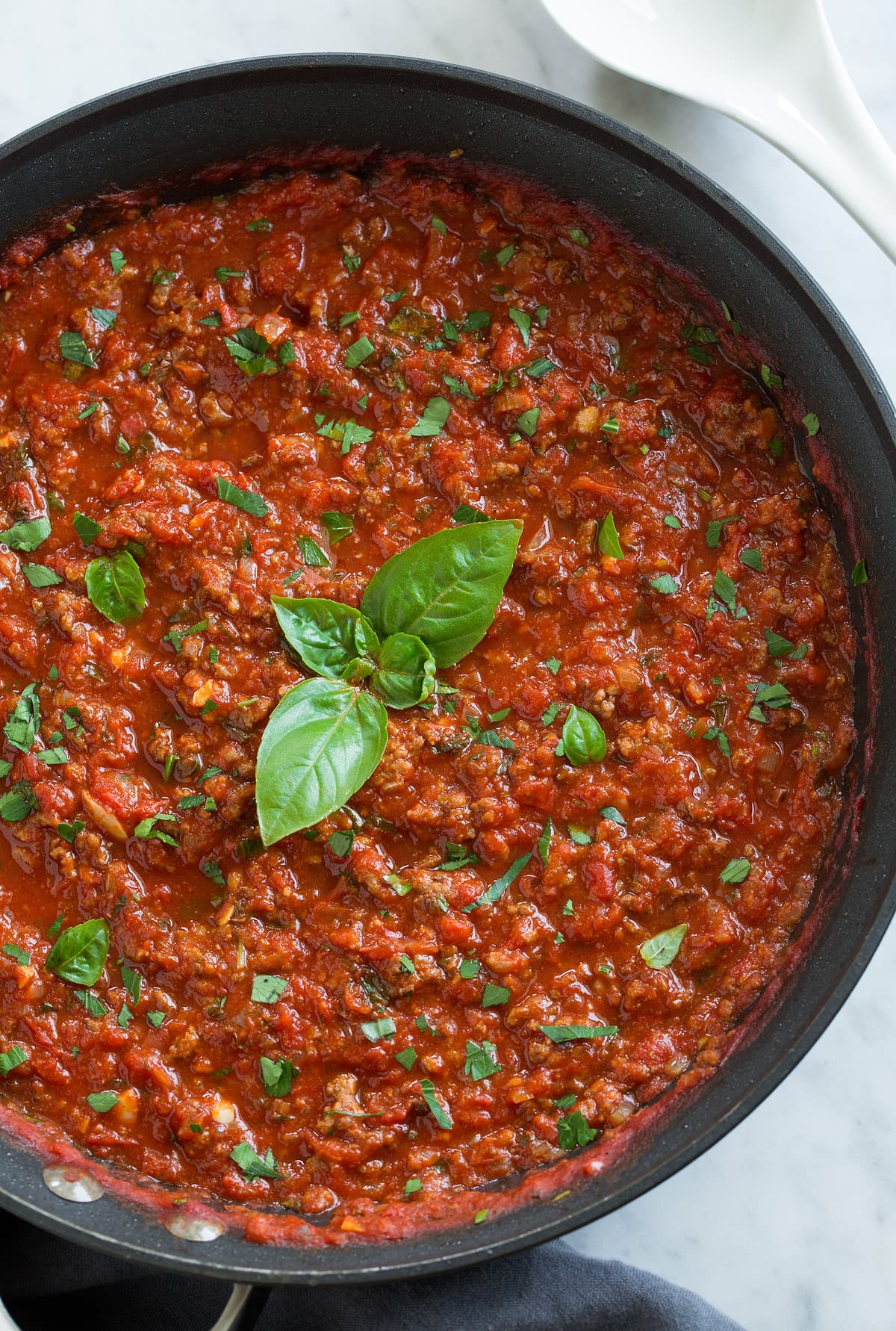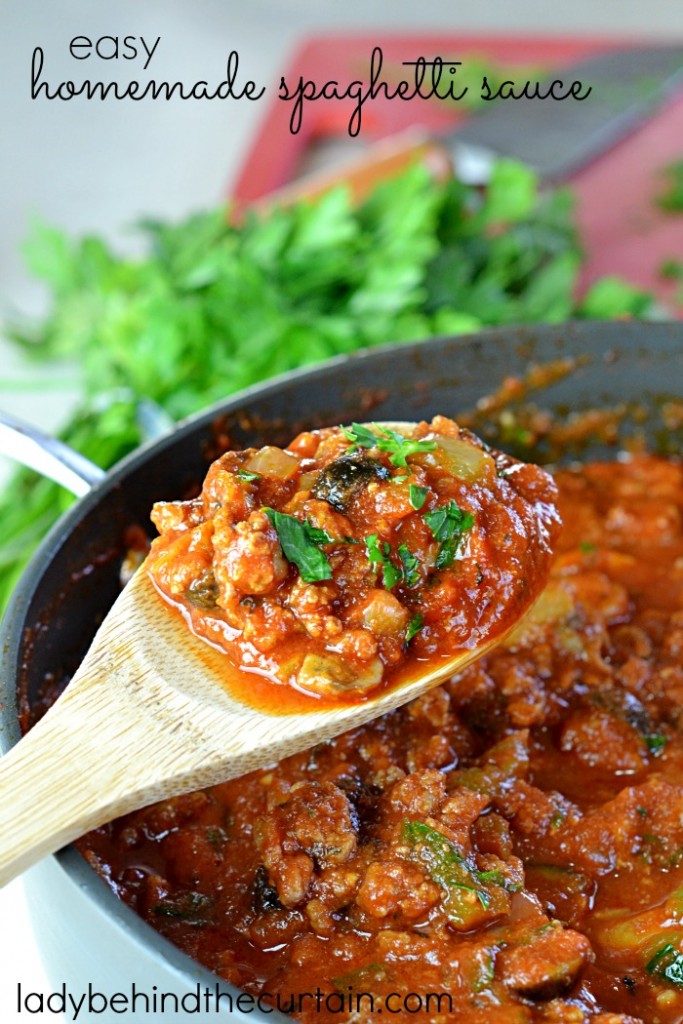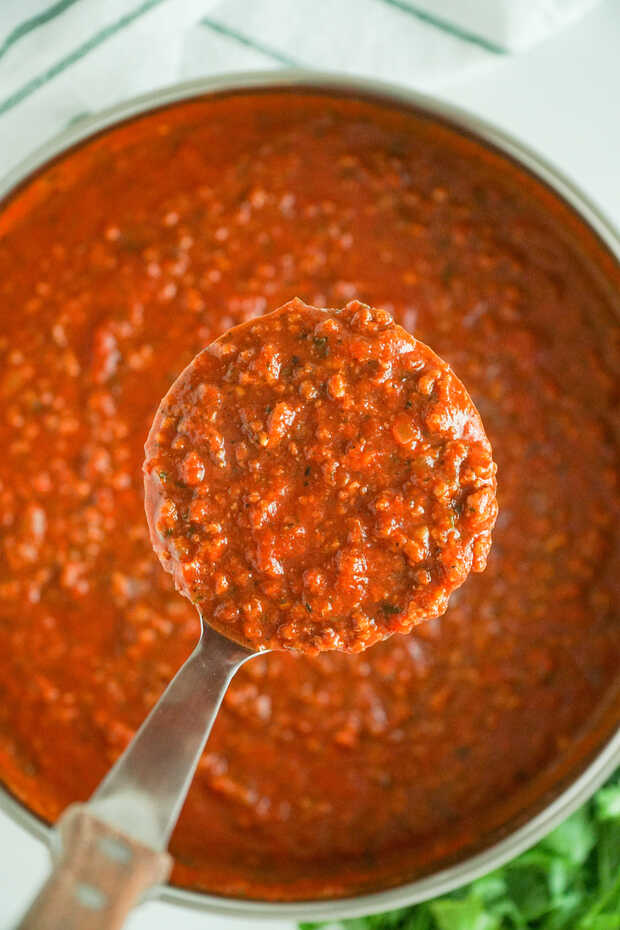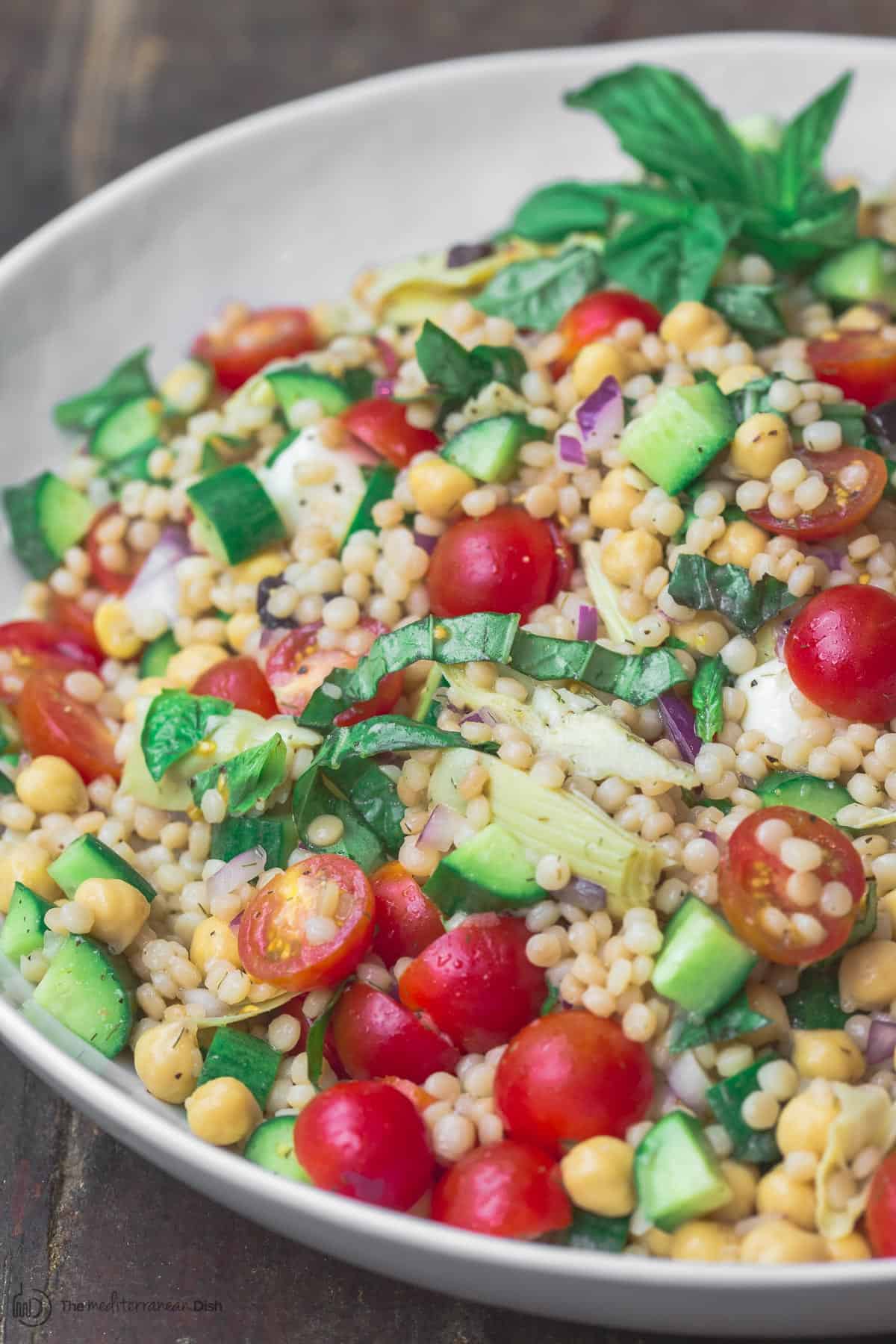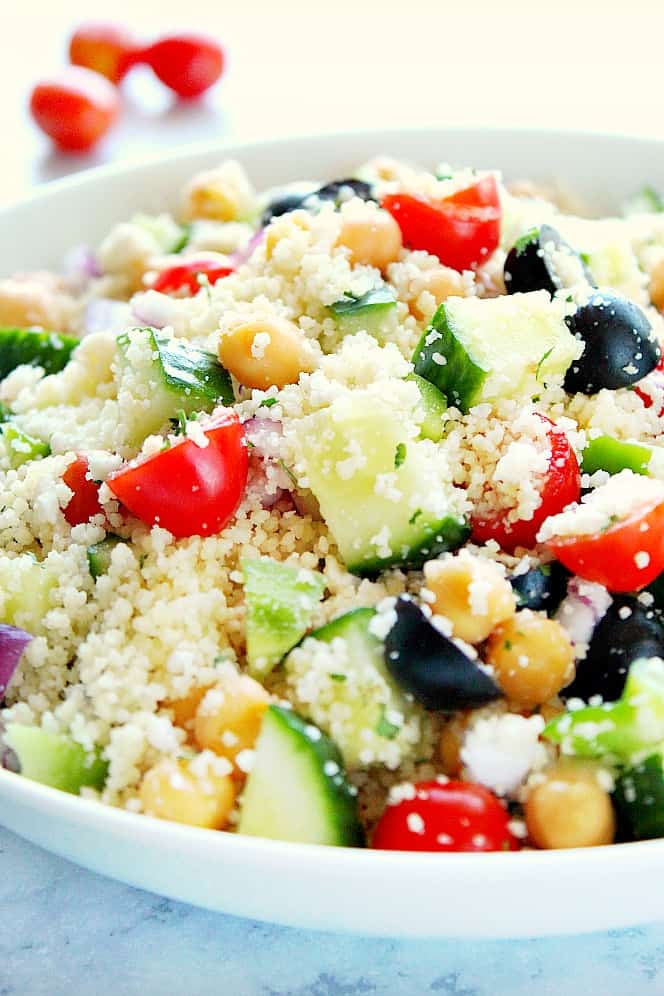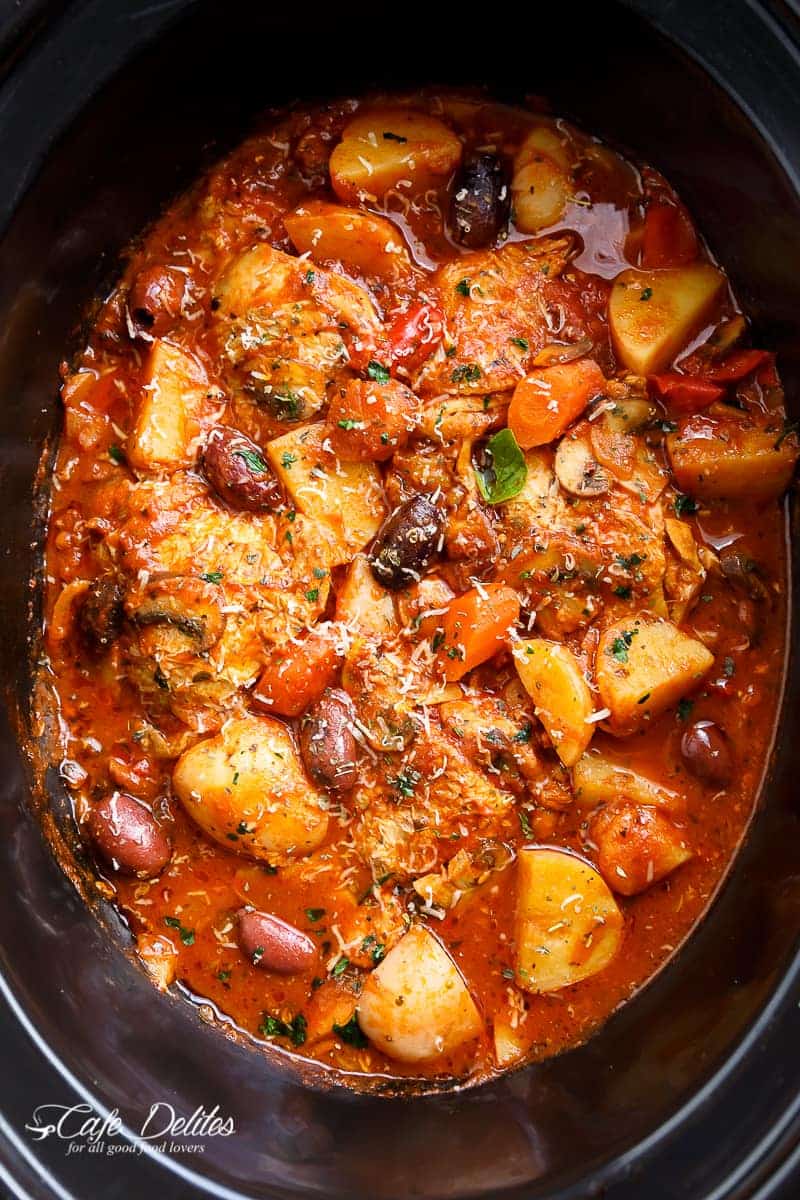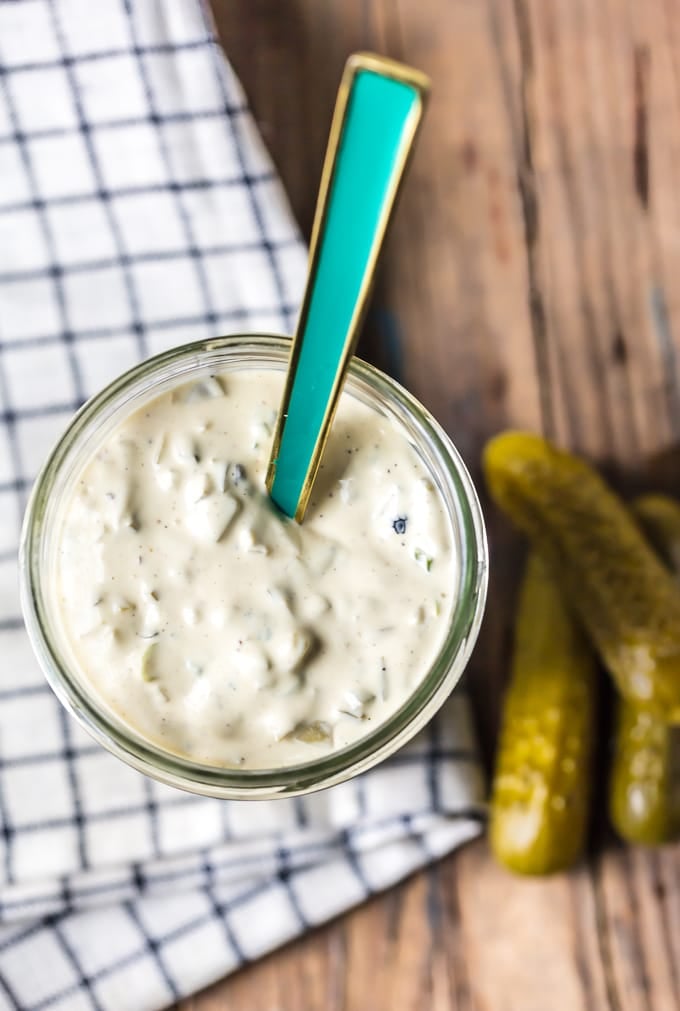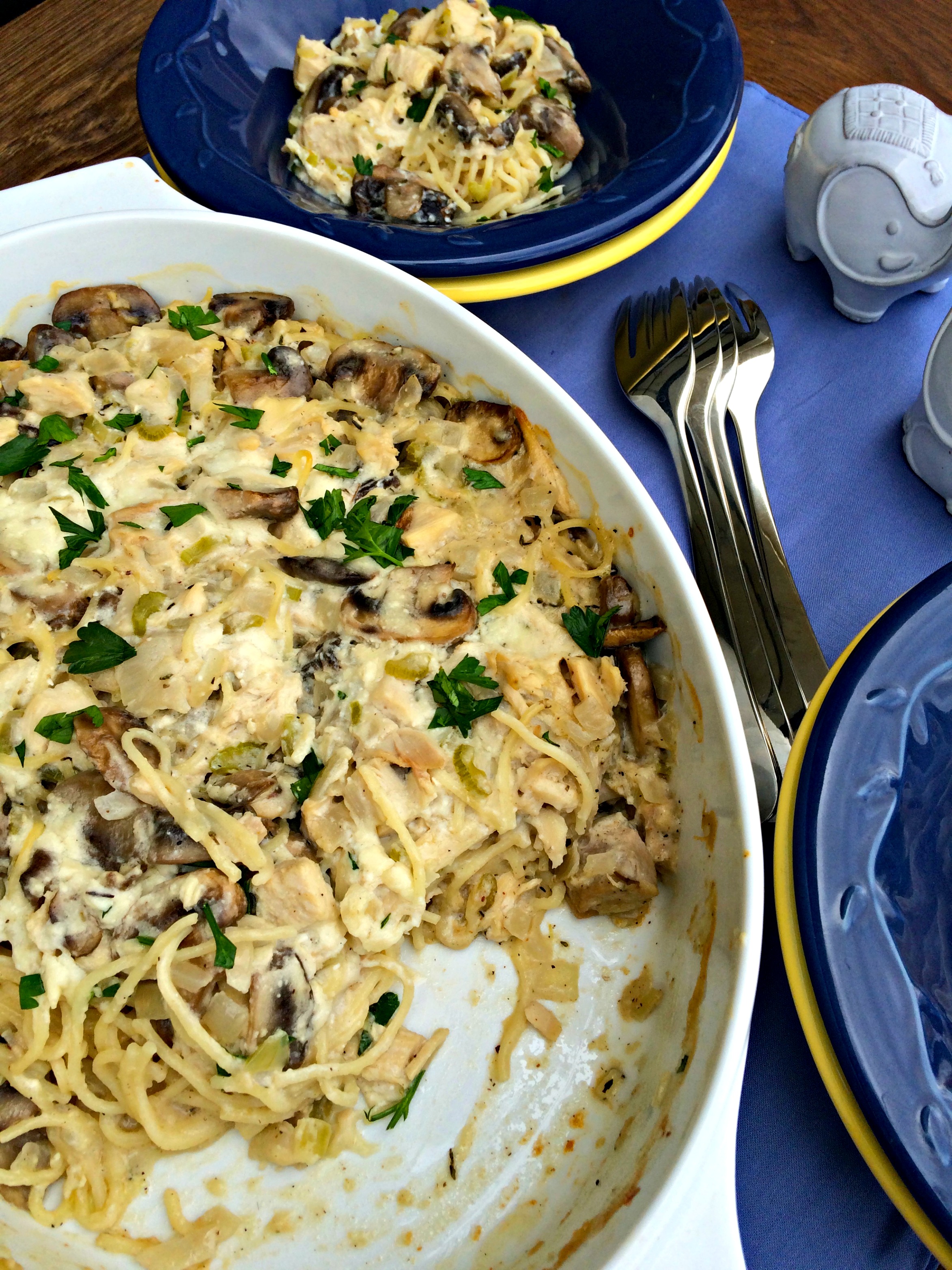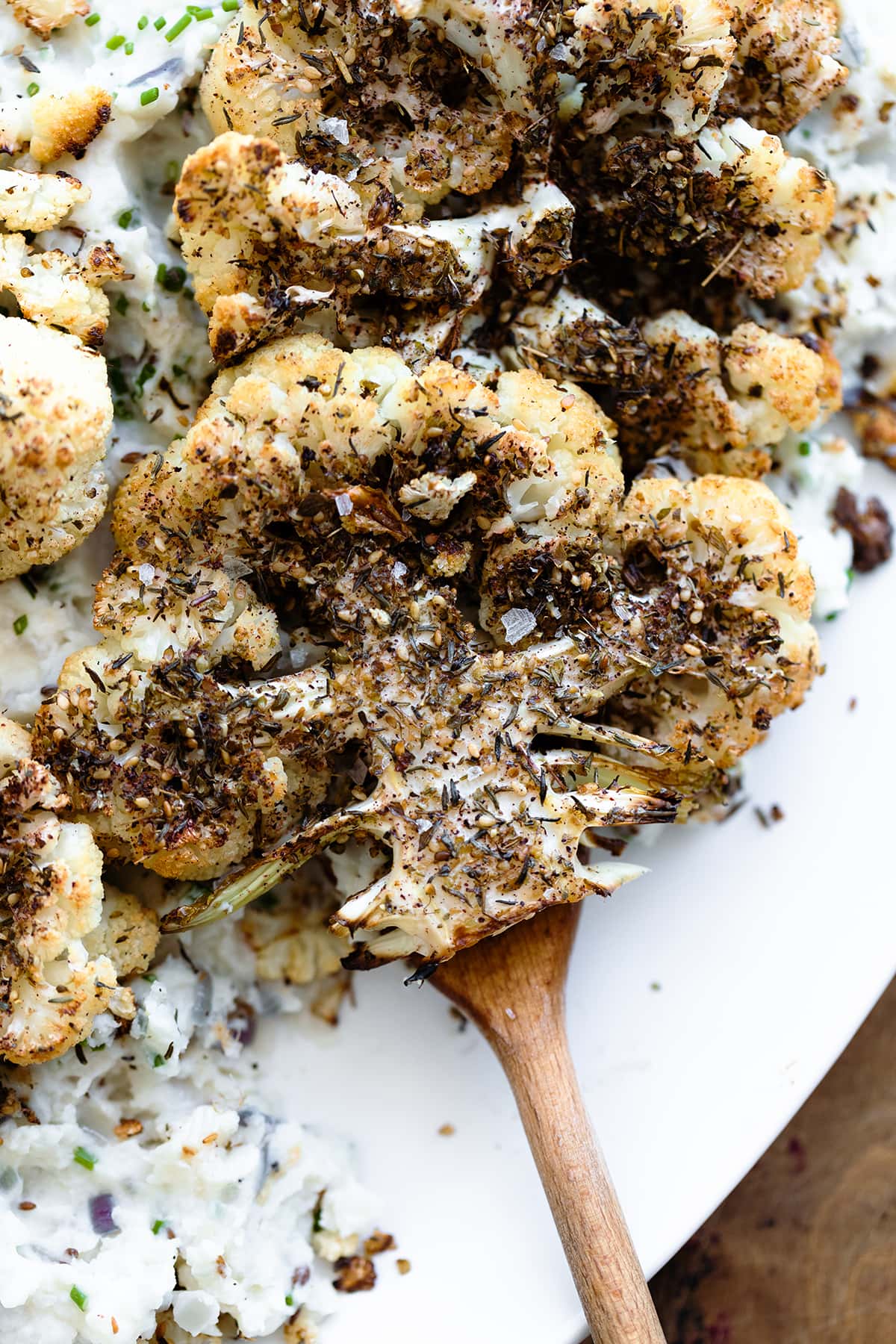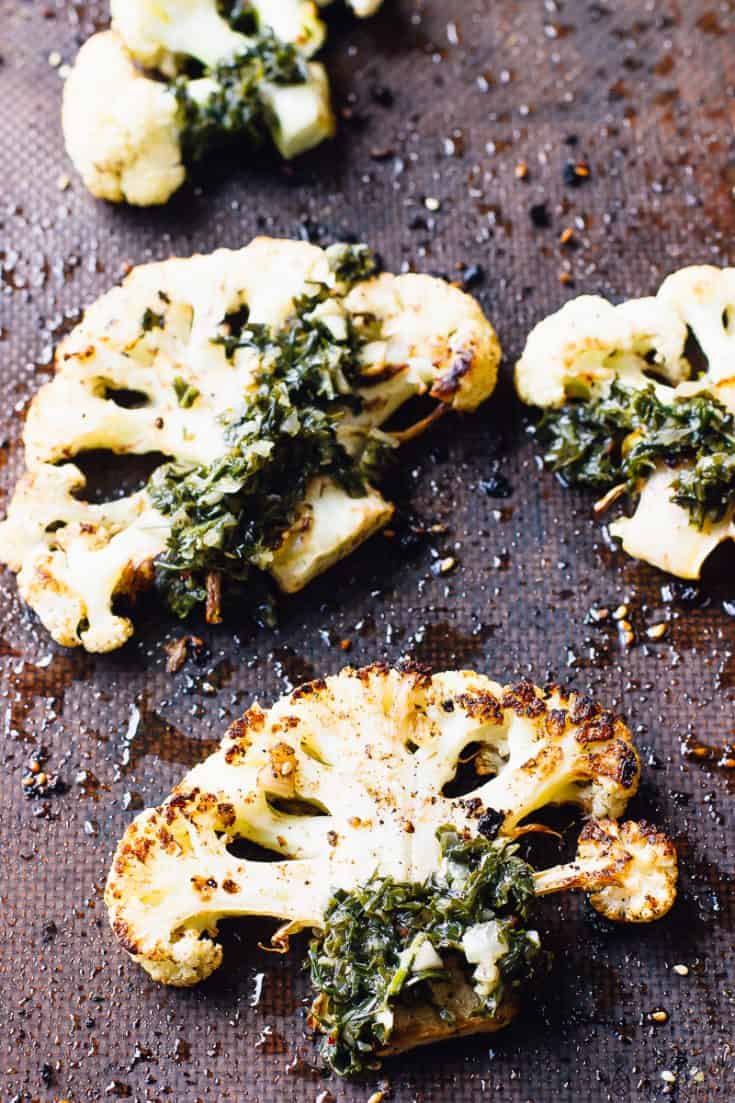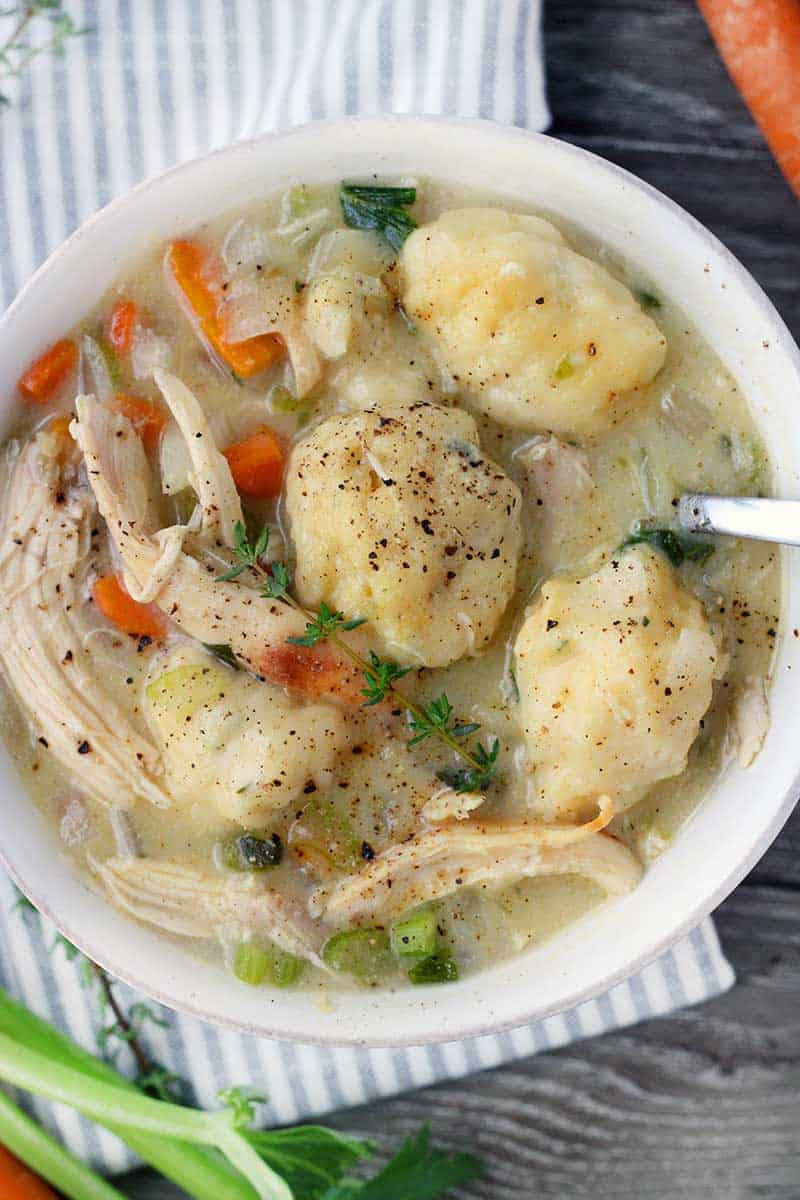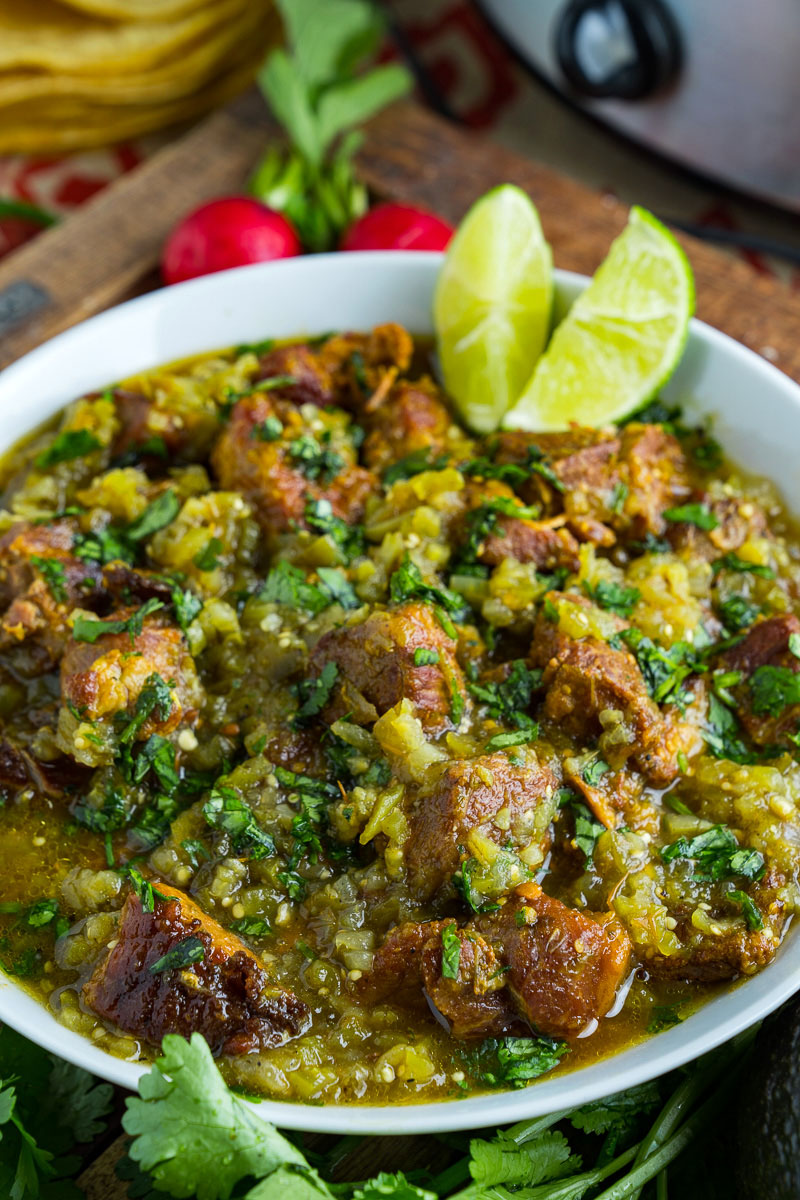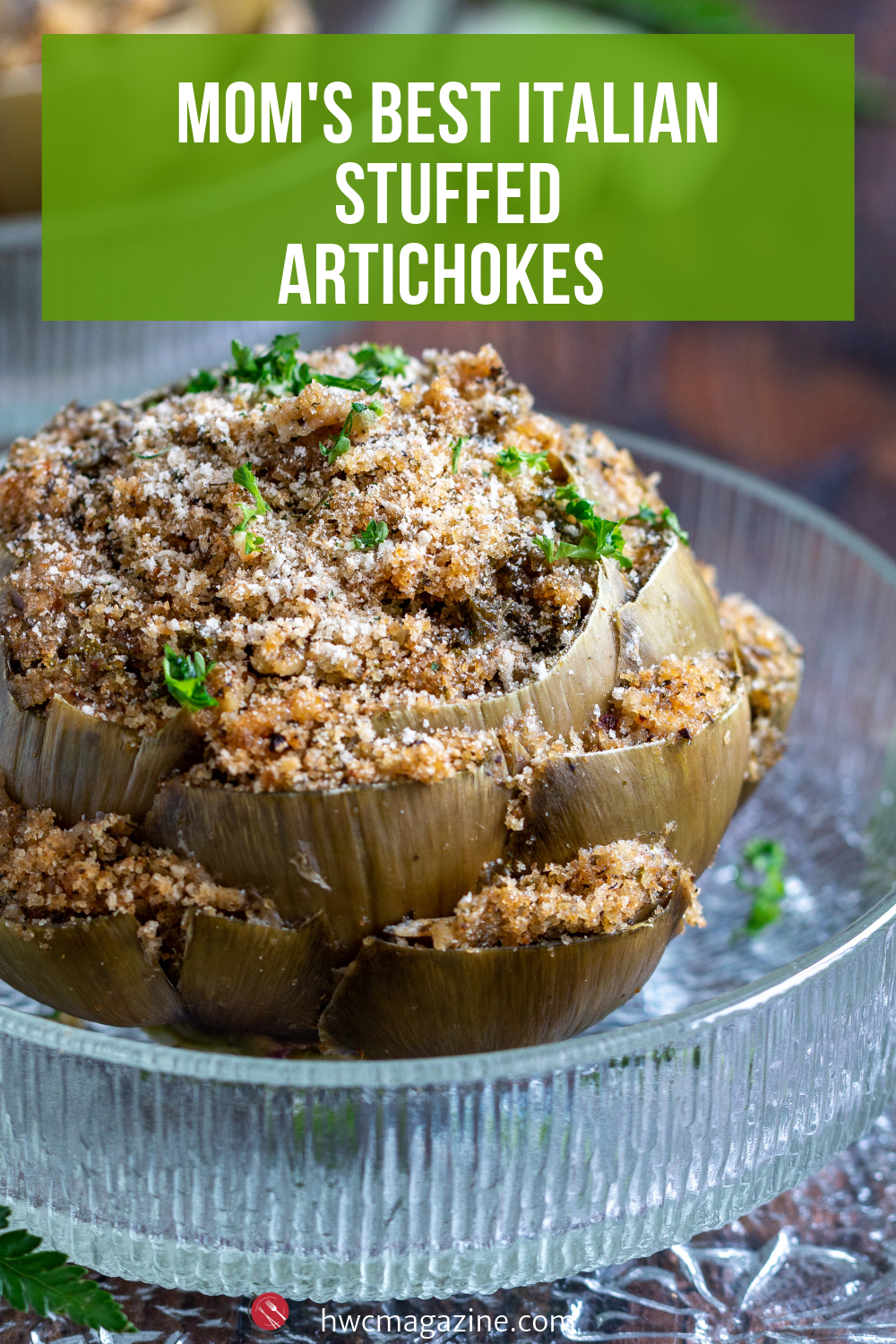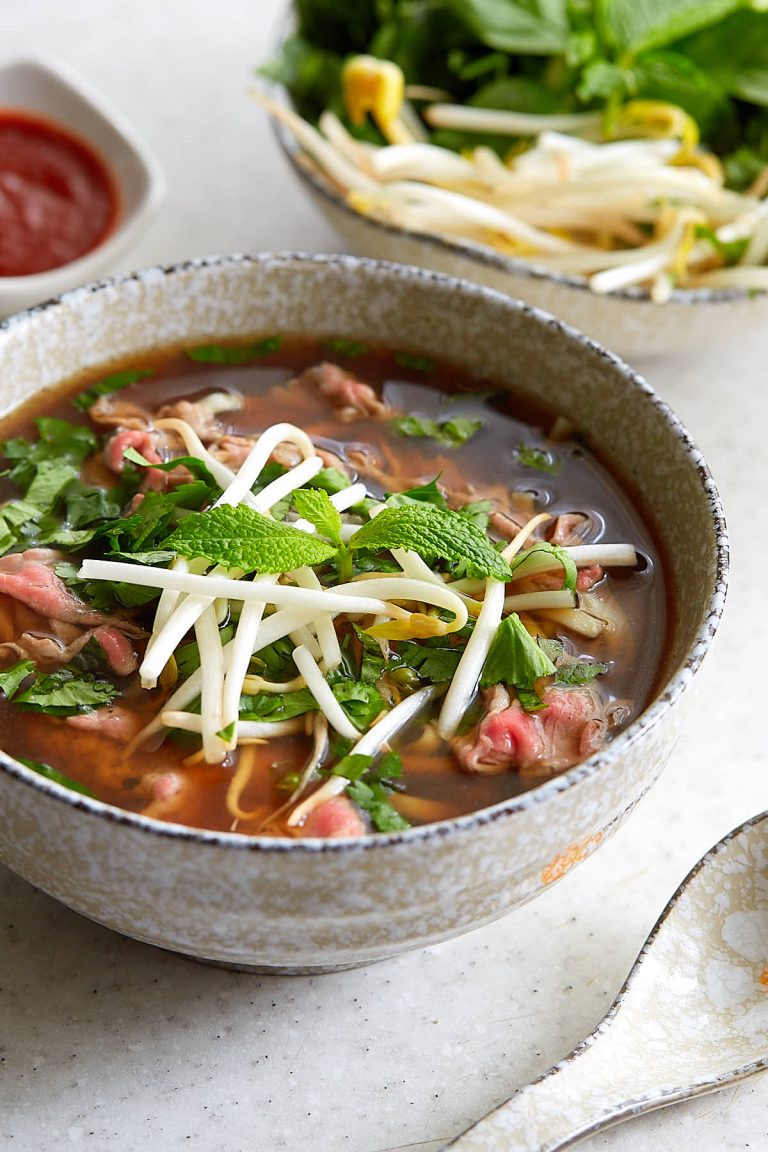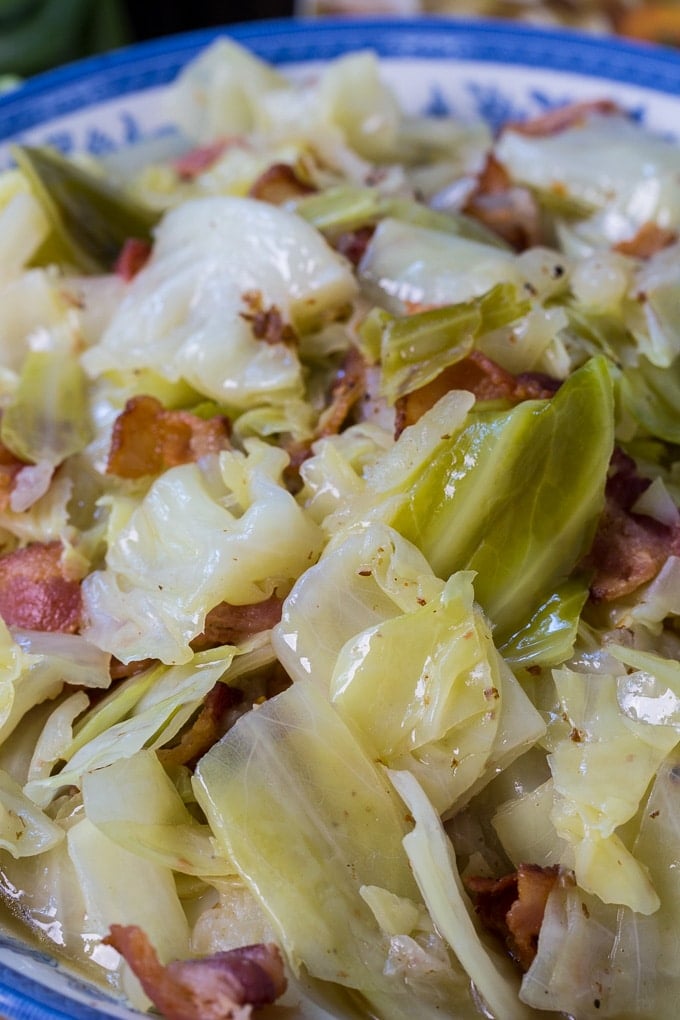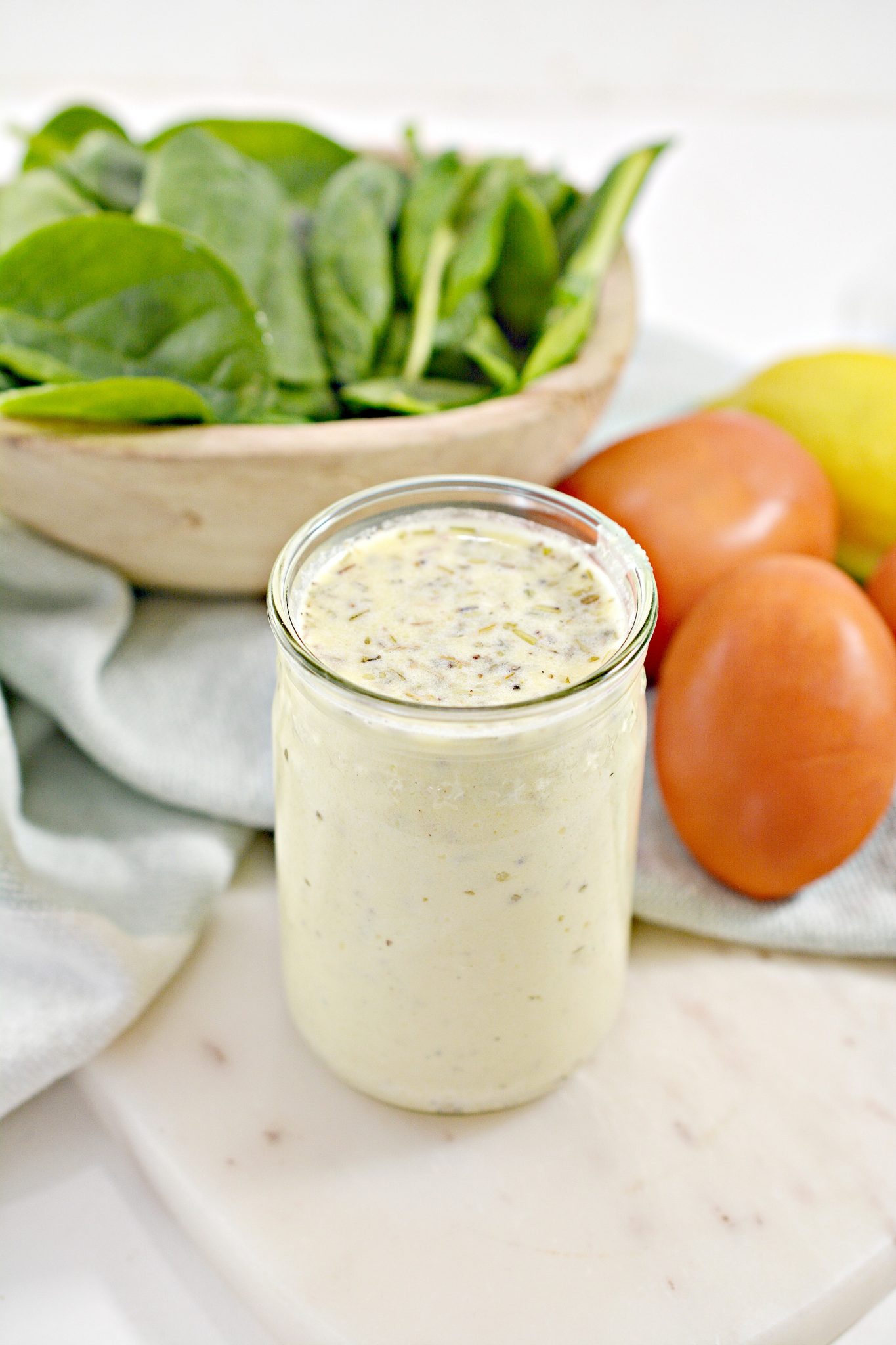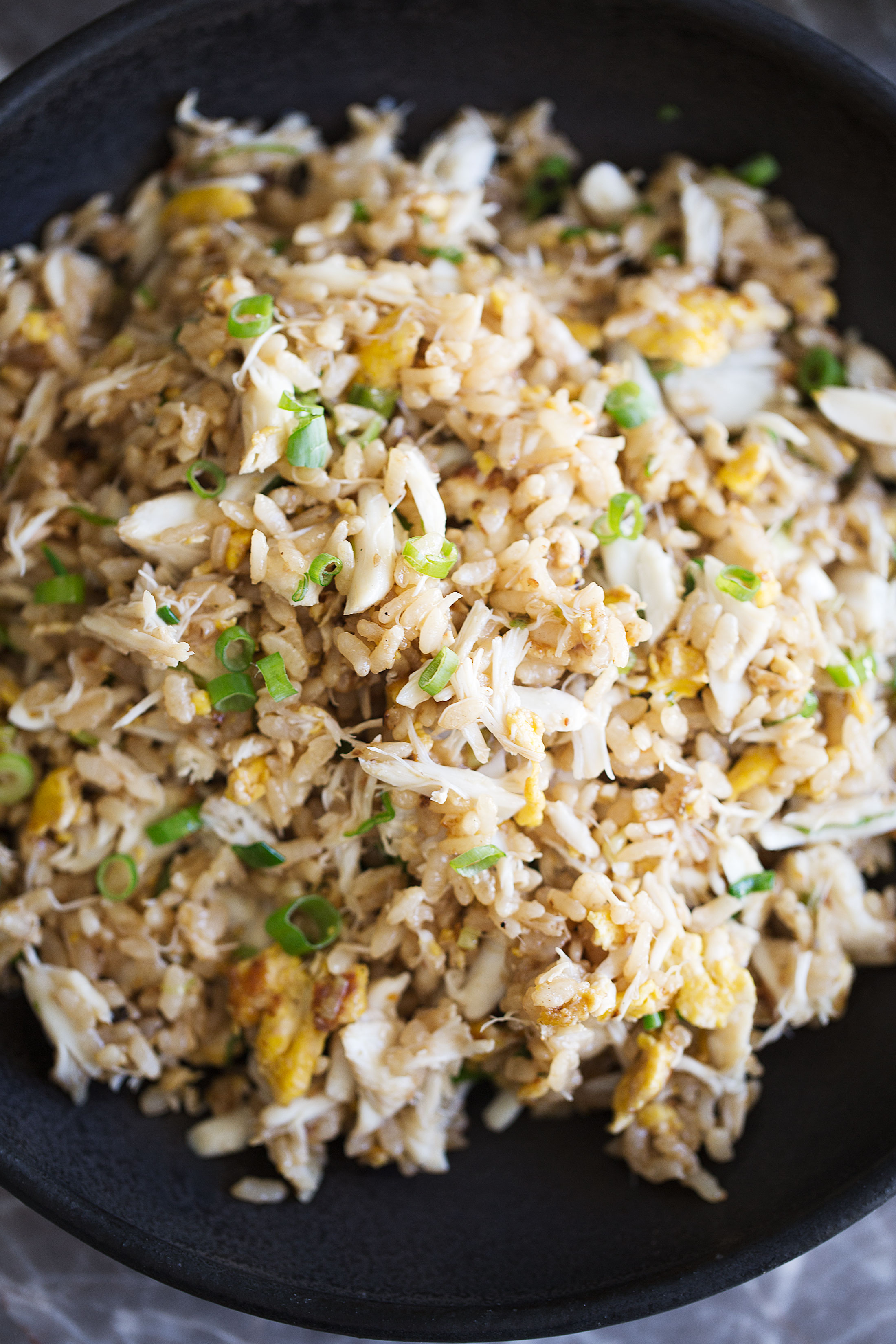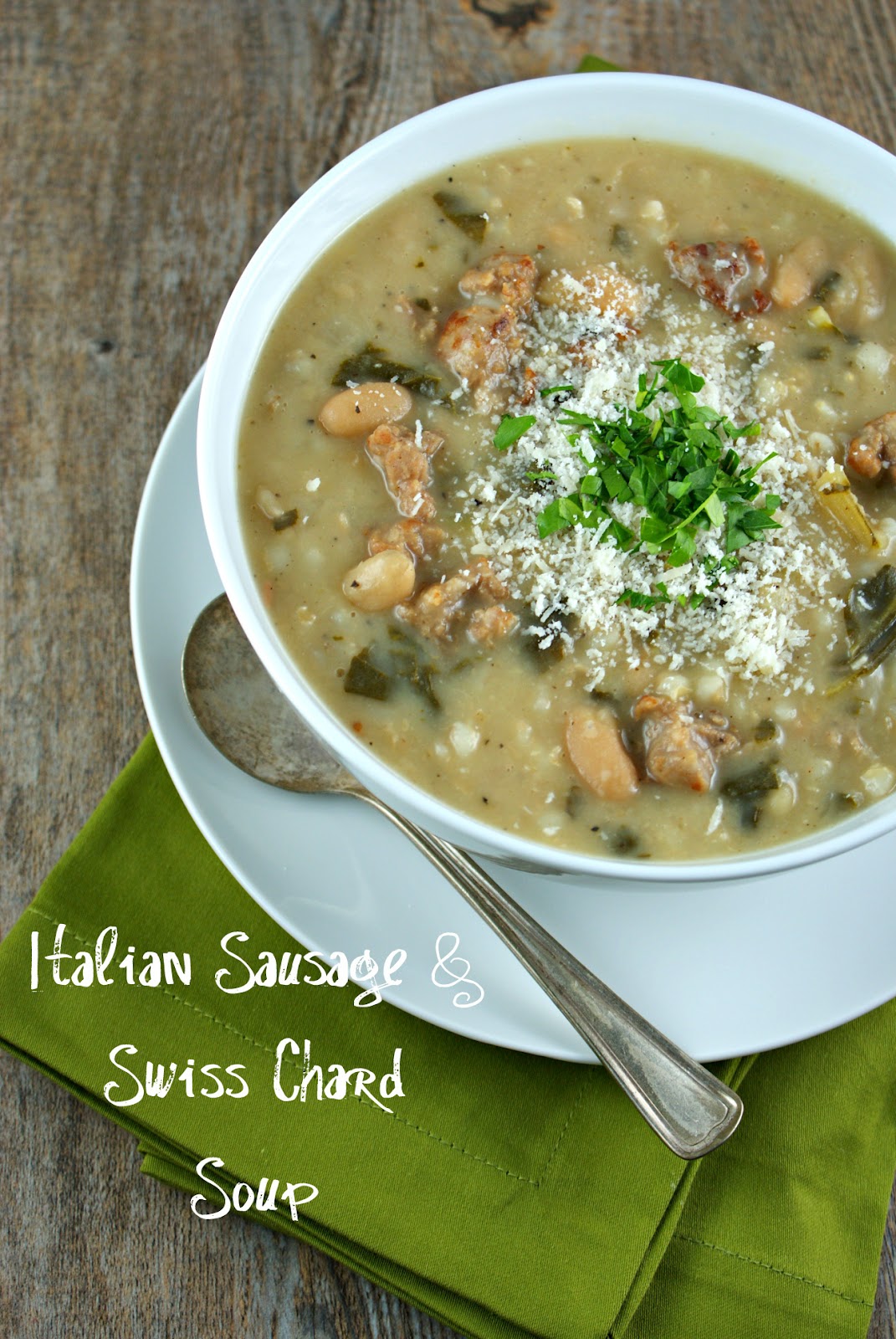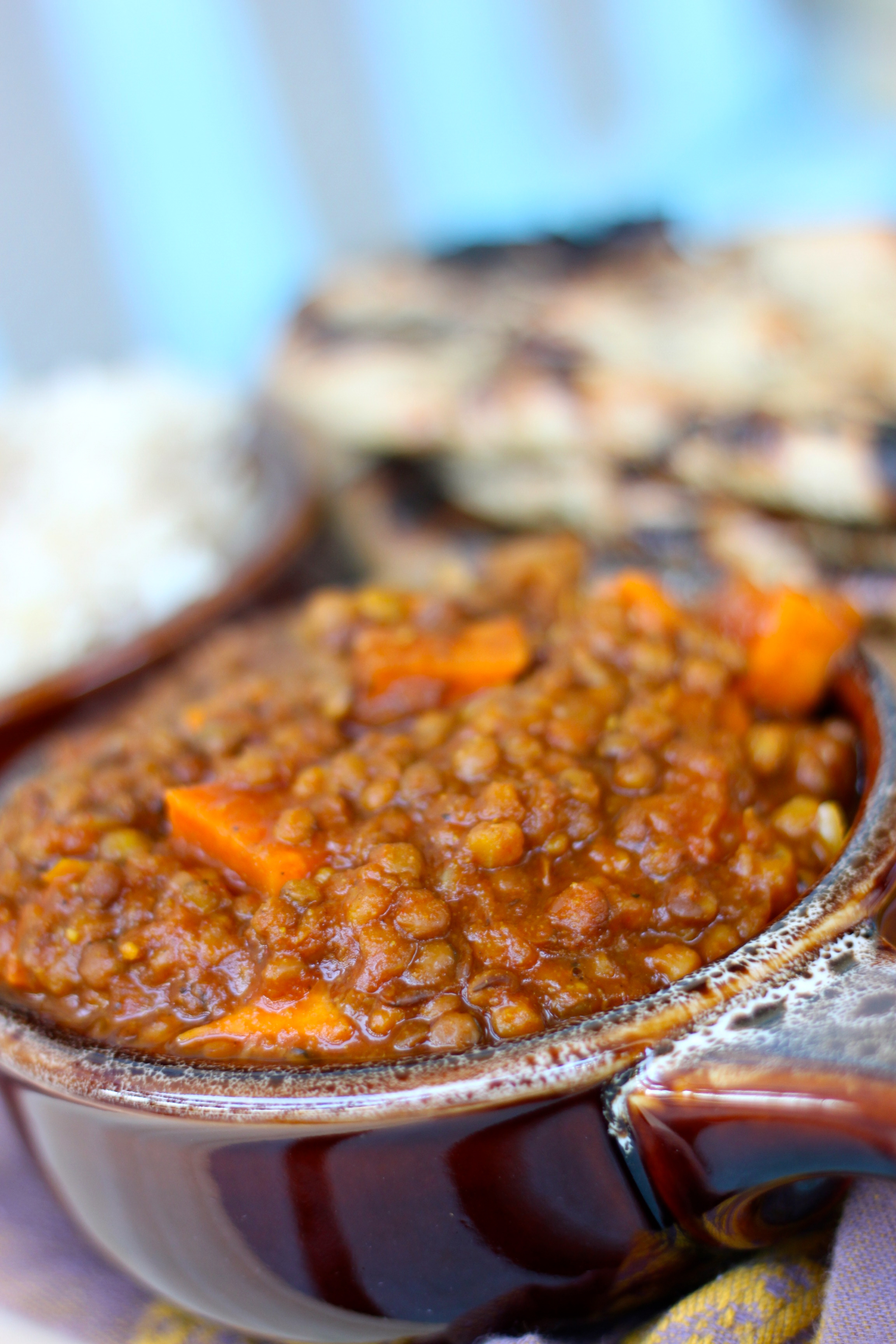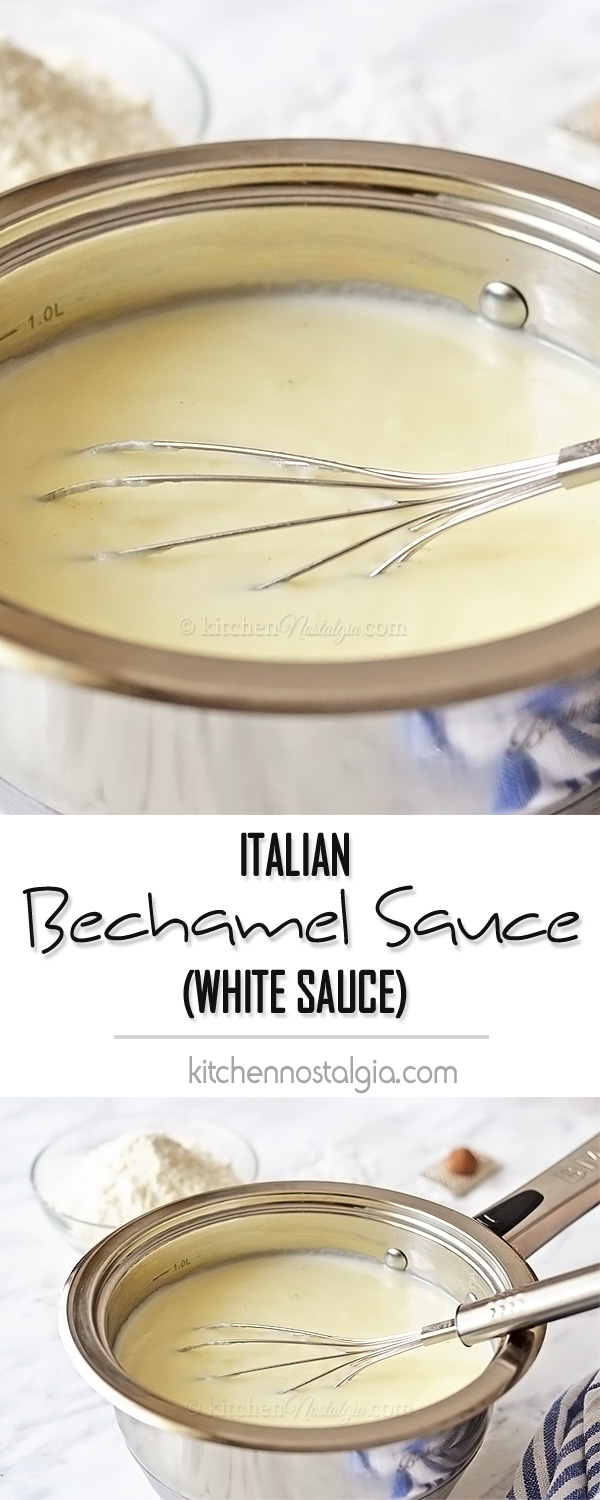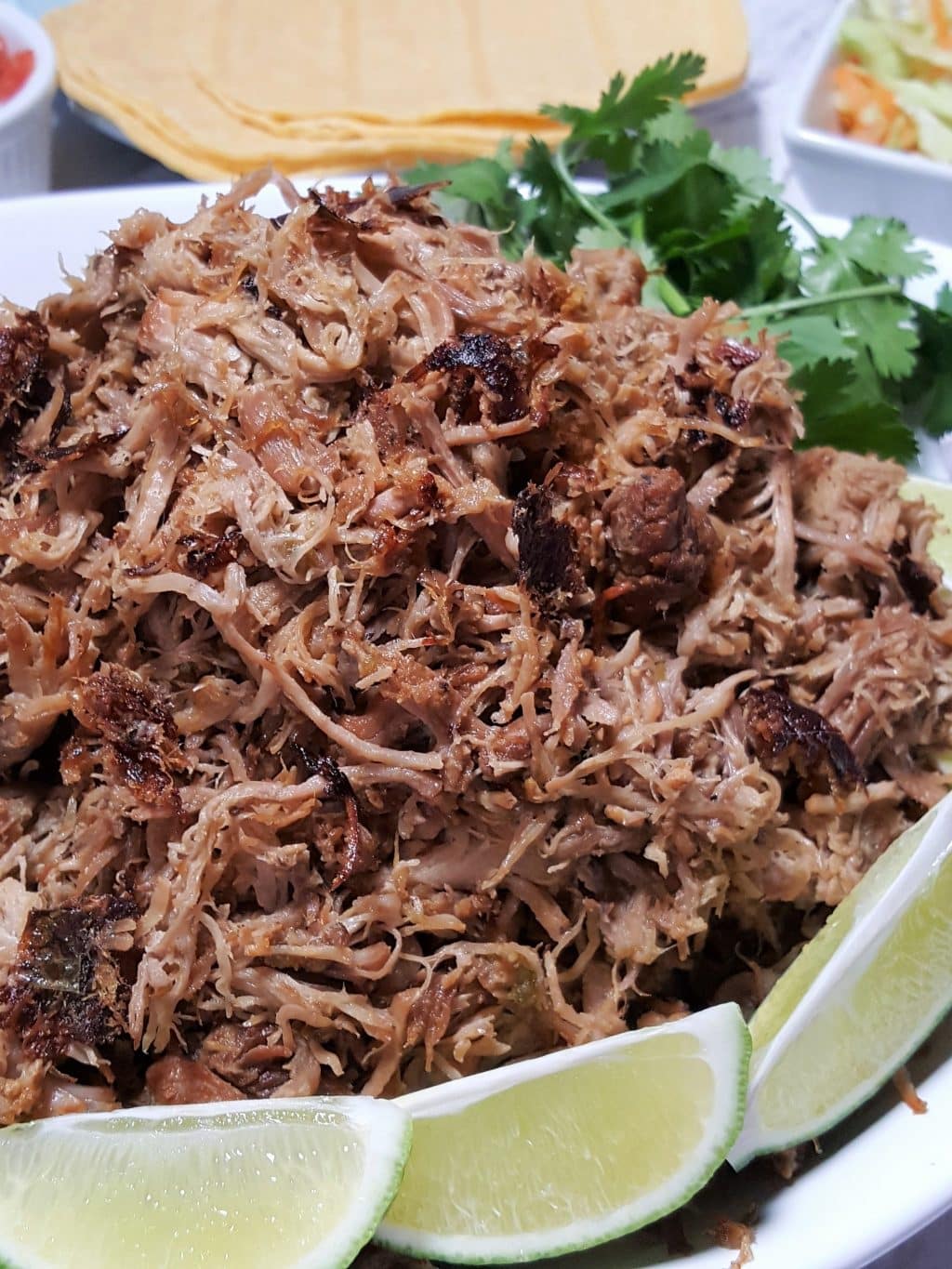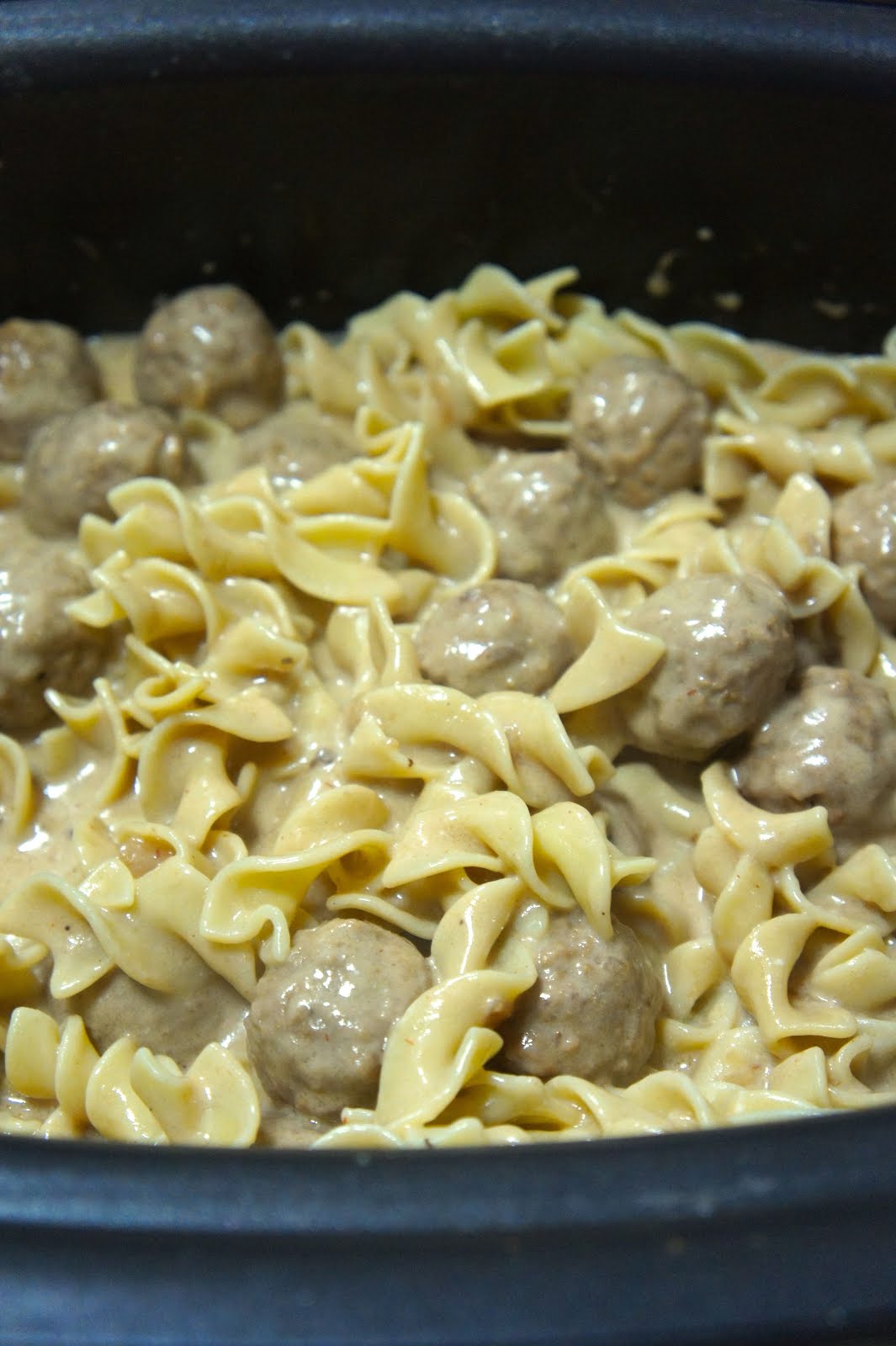The use of olives in Turkish cuisine dates back centuries and has become an integral part of the country's culinary traditions. With an abundance of olive trees, Turkey has a long history of producing high-quality olives which are used in many different dishes. One such recipe is Turkish olives, which are not only delicious but also have numerous health benefits.
Health Benefits of Turkish Olives
When it comes to olives, most people only think of them as a tasty snack or a topping for their pizza. However, Turkish olives offer so much more than just their delicious flavor. These small fruits are packed with essential nutrients and antioxidants that can benefit your health in various ways.
Lower Cholesterol Levels: Turkish olives are a rich source of monounsaturated fats, which have been proven to lower LDL (bad) cholesterol levels in the body. This, in turn, reduces the risk of heart disease and stroke.
Rich in Antioxidants: These olives are also loaded with antioxidants, such as polyphenols, which can help protect against cell damage and reduce the risk of chronic diseases. They also contain high levels of vitamin E, which is known for its anti-aging properties.
Good for Digestive Health: Turkish olives are a great source of dietary fiber, which is essential for maintaining a healthy digestive system. The fiber helps to regulate bowel movements and can prevent constipation and other digestive issues.
Boosts Immunity: The abundance of antioxidants in Turkish olives can also help boost your immune system. These powerful compounds can protect against free radicals and strengthen your body's defense against infections and diseases.
How to Incorporate Turkish Olives into Your Diet
Now that you know about the health benefits of Turkish olives, you may be wondering how to incorporate them into your diet. Here are a few suggestions to get you started:
As a Snack: Turkish olives can be enjoyed as a simple and healthy snack. Add them to a cheese platter or enjoy them on their own for a tasty and nutritious treat.
In Salads: Add a handful of chopped Turkish olives to your favorite salad for an extra burst of flavor and nutrients. They pair well with greens, feta cheese, and a simple olive oil and lemon dressing.
In Cooking: Turkish olives can also be used in cooking to add depth and flavor to dishes. They work well in stews, casseroles, and pasta dishes.
Overall, incorporating Turkish olives into your diet is a great way to reap their health benefits and add a touch of traditional Turkish cuisine to your meals. So why not give them a try and enjoy both the taste and health benefits they have to offer?
The use of olives in Turkish cuisine dates back centuries and has become an integral part of the country's culinary traditions. With an abundance of olive trees, Turkey has a long history of producing high-quality olives which are used in many different dishes. One such recipe is Turkish olives, which are not only delicious but also have numerous health benefits.
Health Benefits of Turkish Olives
When it comes to olives, most people only think of them as a tasty snack or a topping for their pizza. However, Turkish olives offer so much more than just their delicious flavor. These small fruits are packed with essential nutrients and antioxidants that can benefit your health in various ways.
Lower Cholesterol Levels: Turkish olives are a rich source of monounsaturated fats, which have been proven to lower LDL (bad) cholesterol levels in the body. This, in turn, reduces the risk of heart disease and stroke.
Rich in Antioxidants: These olives are also loaded with antioxidants, such as polyphenols, which can help protect against cell damage and reduce the risk of chronic diseases. They also contain high levels of vitamin E, which is known for its anti-aging properties.
Good for Digestive Health: Turkish olives are a great source of dietary fiber, which is essential for maintaining a healthy digestive system. The fiber helps to regulate bowel movements and can prevent constipation and other digestive issues.
Boosts Immunity: The abundance of antioxidants in Turkish olives can also help boost your immune system. These powerful compounds can protect against free radicals and strengthen your body's defense against infections and diseases.
How to Incorporate Turkish Olives into Your Diet
Now that you know about the health benefits of Turkish olives, you may be wondering how to incorporate them into your diet. Here are a few suggestions to get you started:
As a Snack: Turkish olives can be enjoyed as a simple and healthy snack. Add them to a cheese platter or enjoy them on their own for a tasty and nutritious treat.
In Salads: Add a handful of chopped Turkish olives to your favorite salad for an extra burst of flavor and nutrients. They pair well with greens, feta cheese, and a simple olive oil and lemon dressing.
In Cooking: Turkish olives can also be used in cooking to add depth and flavor to dishes. They work well in stews, casseroles, and pasta dishes.
Overall, incorporating Turkish olives into your diet is a great way to reap their health benefits and add a touch of traditional Turkish cuisine to your meals. So why not give them a try and enjoy both the taste and health benefits they have to offer?





